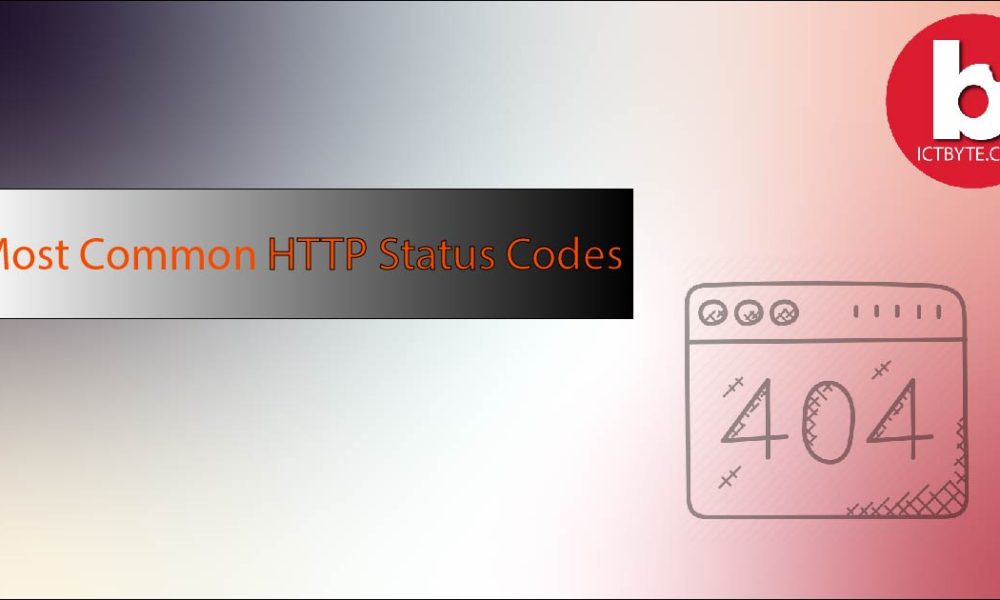Last Updated on by Sumi
What are HTTP Status Codes?
Have you ever wondered what actually is HTTP and how it works? Well, when we click on a certain link and press enter, the browser sends a request to the webserver for which you are trying to access.
Then the server receives the request and processes it and sends the relevant resources back with an HTTP header. Here, HTTTP status codes are delivered in the HTTP header. Every time your browser requests a resource, status codes are returned along with them, but we don’t see them.
It’s because something is going wrong which is displayed with some codes. Here’s what those codes mean-
HTTP STATUS CODES
- 2xx – Success
- 3xx – Redirects
- 4xx – Client Errors
- 5xx – Server Errors

Top HTTP Status codes for SEO
We have listed few HTTP status codes that are best for SEO Practices.
- 200 – Success
- 301 – Permanent Redirect
- 302 – Temporary Redirect
- 404 – Not Found
- 410 – Gone
- 503 – Used for the site is down for maintenance
1.HTTP Status Code 200
Usually, servers return 200 status codes or within the 2xx range, when things are working as intended. That means the server and visitor are happy.
This also means that everything is working as it should i.e. OK/Success. A person as well as a bot, both have accessed the URL on your site successfully. However, only the Status Codes (200) are indexed. And all the 2xx codes are excluded from the index.
2.HTTP Status Code 301
The HTTP status code 301 tells that when the requested URL has been moved permanently to a new URL. And if a user tries to visit the old URL, it will return this 301 HTTP status.
This code is also known as ‘Permanent Redirect’. That means the initial URL link will be redirected to another URL. Moreover, it passes ‘Link Juice| Page Rank’ to the final URL destination. Here, a person is redirected to a specified URL. They are normally used to reduce duplicate content and redirect website traffic to another page.
3.HTTP Status Code 302
This status tells the browser that the requested has been found, but that page exists at a different URL. Then the browser requests that updated URL. Though this status is a bit ambiguous, so it is better to use 301 redirects when moving a page.
4.HTTP Status Code 404
This one is the most well-known one of the 4xx status codes, where servers return a 404 error when the browser requests a URL that is unable to find. This response can be worst from a user experience since it frustrates getting the desired page.
If we see from SEO view, any site with a 404 error says that Google isn’t maintained well. It is also known as ‘File Not Found’. You also can monitor your site error through Google Search Console and minimize the errors.
5.HTTP Status Code 500
This status occurs when the browser makes a valid request, but an internal error in server prevents from returning the page. Usually, search engines dislike this error code.
500 errors are caused by errors in a database or code. So, if your website returns 500 errors, you must fix these issues.
Also Read Know about robots.txt for SEO 2020

















